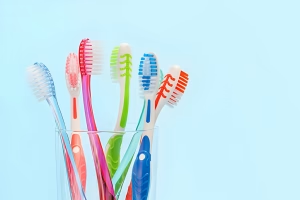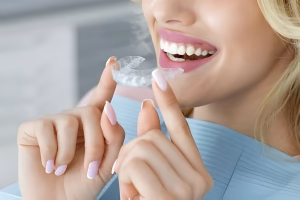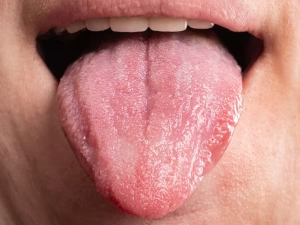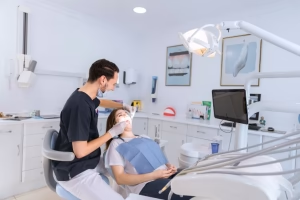How Dry Mouth Causes Poor Oral Hygiene And Affects On Dental Health
30 September 2017
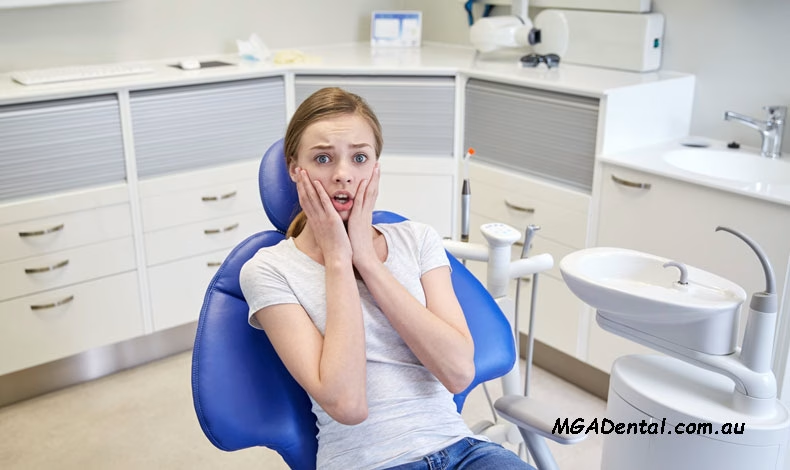
It’s not surprising that stress does bad things to our bodies. It affects both our psychological and physical health, causing a wide array of (sometimes seemingly unrelated) symptoms. Have you ever had a headache that just wouldn’t go away? It could have been easily caused by stress, as well as nausea, diarrhoea, muscle and back pain, high blood pressure, etc. Emotionally, stress can cause panic attacks, anxiety, depression, irritability, fatigue and lack of focus.
What many people don’t know is that severe stress affects our dental health as well. While we can’t protect ourselves from the stressful situations completely, we can prevent being under constant stress and reduce the consequences.
Here are some of the most common threats to your oral health, caused by stress, and some tips on how to prevent them.
1. Poor oral hygiene leads to multiple dental issues
Stress can affect your oral health indirectly. When you’re feeling under the weather, it’s more likely that you won’t pay that much attention to the habits that are part of your daily routine. Poor personal hygiene often accompanies serious disorders such as major depression and psychosis, but even mildly increased stress levels can affect your oral hygiene in a negative way. It’s a known fact that we smoke more when stressed, thinking that it’ll bring us relief. Regardless of the stress you’re dealing with, remember that health is a priority. Taking care of yourself will make you feel much better.
2. Dry mouth causes bad breath and cavities
Dry mouth (xerostomia) can be caused by numerous factors, some more and less easy to fix. The cause of dryness is that the salivary glands don’t make enough saliva to keep your mouth wet. This can be a side effect of certain medications, or caused by the conditions such as diabetes and yeast infection. However, stress and anxiety are to blame in most cases of dry mouth. As saliva removes plaque and cleans the mouth, the lack of it makes bacteria removal a much harder task. Drinking more water at regular intervals can help. Use mouthwash and speak to your doctor about prescribing you medications that stimulate saliva production.
3. Teeth grinding during sleep
Teeth grinding during sleep is not only annoying our partners, it’s dangerous to our health as well. When under stress, our bodies are tense, so are the jaw muscles. Clenching and grinding is called bruxism and it leads to teeth and jaw damage. If this habit is not dealt with, teeth get worn out over time and the fractures and cracks are not uncommon. Here is the worst case scenario: patients can also develop a syndrome called TMD (temporomandibular joint disorder) which causes a chronic jaw pain, headaches, ear pain and reduced jaw mobility. There are many ways to prevent TMD. Some of them are avoiding chewing gum, resting your jaw as much as you can, eating softer foods and paying attention to your posture.
4. Stress can affect your gums
If you wondered why we don’t react well to long-term stress – hormone called cortisol is the key. This hormone is released in response to stress and the higher levels of it can weaken the immune system. Lots of conditions can occur due to a weak immune system and periodontal disease (gum infection) is just one of them. Symptoms include bleeding, swollen and painful gums, bad breath, and in the end – loose teeth. So what are the best ways to fight gum infection? Taking enough vitamin C will help maintain healthy gums and boost the immune system.
5. When under stress we eat unhealthy foods
Poor diet is one of the most obvious results of stress. When we eat sugar and other carb-laden foods, endorphins are released and this is why we feel good and get addicted to sweets. Everybody knows that sweets cause tooth decay. The process goes like this: bacteria start feeding on the sugar and produce acid as a result. Acid destroys the tooth enamel and this leads to cavities. Try eating healthy carbs instead and opt for a healthy fruit shake if you can’t quit on sugars. Never skip brushing your teeth after the meal to remove the food particles and bacteria won’t have anything left to feed on.
All the conditions above (and others) can be prevented by dealing with stress through meditation, healthy diet, getting enough sleep and exercise. If the stress affects your oral health or you simply want to prevent dental issues – seek your dentist’s help! If you’re located in the Gold Coast & Brisbane, seeing us is a good way to start.

